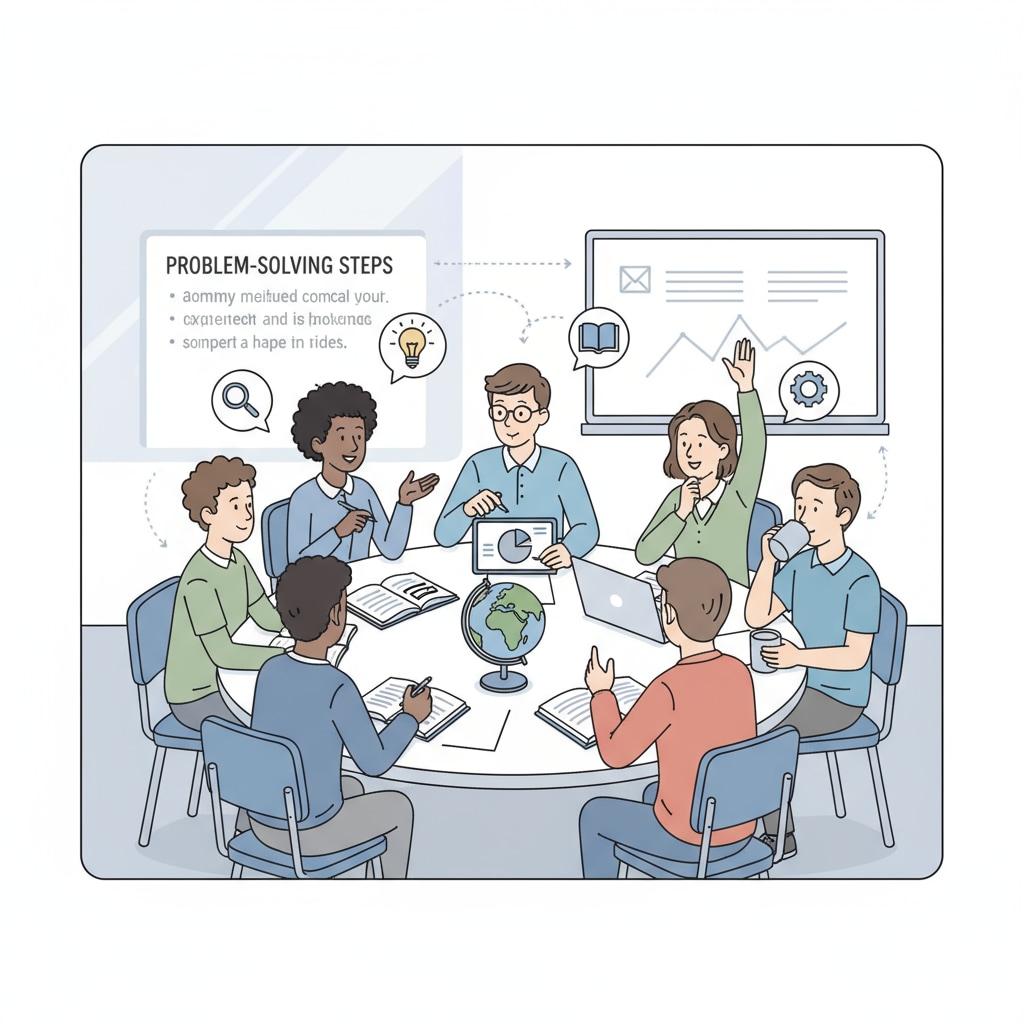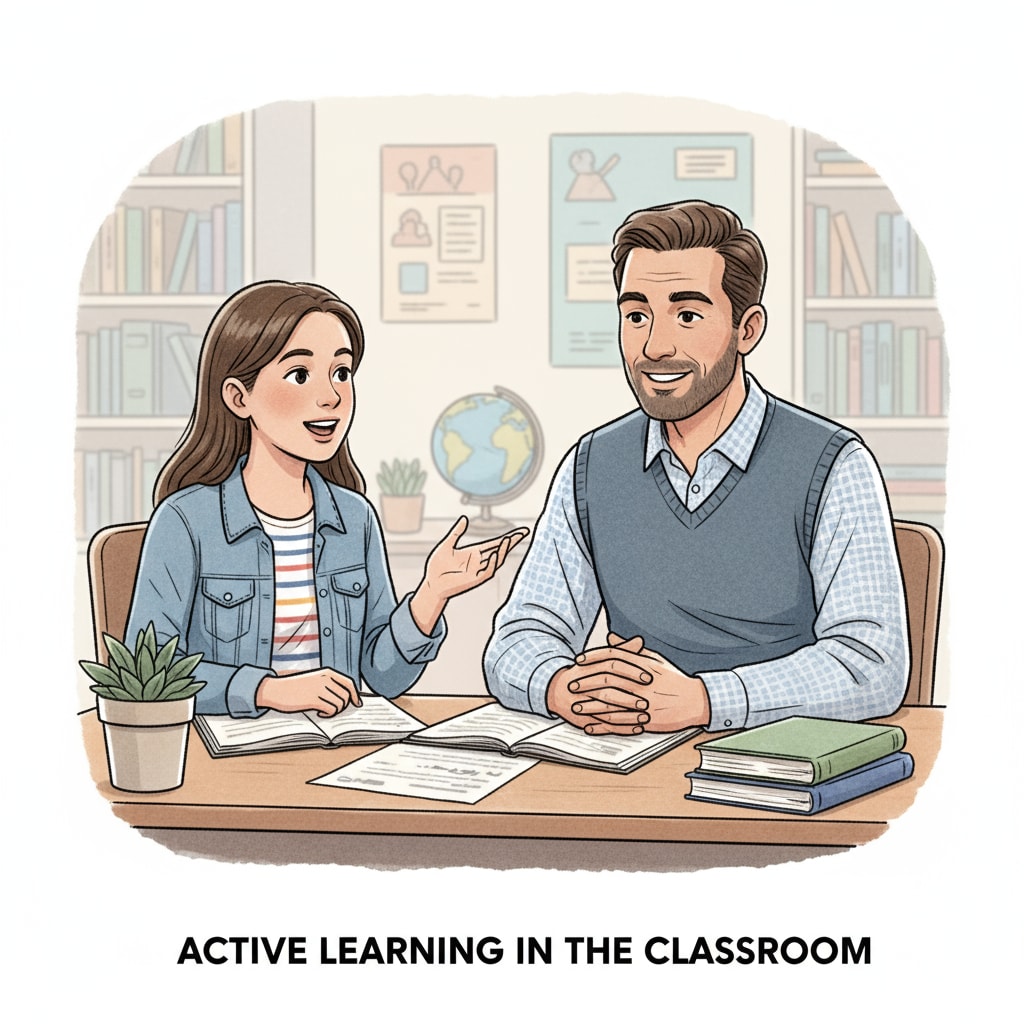Communication skills, active listening, and dialogue are crucial elements that are often underestimated in K12 education. In today’s world, where interaction and collaboration are the norm, these abilities form the foundation for success, both in and out of the classroom.

The True Nature of Communication Skills
Communication skills are not merely about speaking and getting one’s point across. According to Wikipedia’s definition of communication, it encompasses a complex web of elements. True communication involves understanding the emotions, intentions, and perspectives of the other party. For example, when a student shares an idea in class, it’s not just about the words spoken but also the underlying feelings and thoughts. It requires the listener to be empathetic and actively engage in the conversation.

The Role of Active Listening
Active listening is a fundamental part of effective communication. It means fully concentrating on what the speaker is saying, asking clarifying questions, and providing feedback. As Britannica states about communication, active listening helps build stronger relationships. In a K12 classroom, when students practice active listening, they not only gain a better understanding of the subject matter but also learn to respect different opinions. This can lead to more productive discussions and a more inclusive learning environment.
Moreover, active listening can enhance a student’s critical thinking skills. By carefully considering what others are saying, students can analyze information, identify flaws in arguments, and form their own well-thought-out opinions. This is an invaluable skill that will serve them well throughout their academic and professional lives.
The Power of Dialogue
Dialogue is the heart of communication. It’s a two-way street where ideas are exchanged, challenged, and refined. In a K12 setting, creating opportunities for meaningful dialogue can transform the learning experience. For instance, group projects and class discussions allow students to engage in dialogue, share their knowledge, and learn from each other. Through dialogue, students can develop their creativity, as they are exposed to different ways of thinking.
Dialogue also promotes social and emotional development. It helps students learn how to handle conflicts, express their feelings appropriately, and work together towards a common goal. These skills are essential for their personal growth and success in society.
The current education system often overlooks the importance of communication skills, active listening, and dialogue. Many schools focus primarily on academic subjects, leaving little time for the development of these crucial soft skills. However, it’s essential to recognize that these skills are just as important as traditional academic knowledge. Educators should integrate communication skill development into the curriculum, through activities, projects, and discussions. This will prepare students for the real world, where effective communication is key to success.
Readability guidance: As seen above, we’ve used short paragraphs to clearly convey ideas. Each section has a distinct focus, with lists and examples to illustrate key points. The use of active voice is prominent, and transition words like “moreover,” “however,” and “for instance” have been used to enhance the flow of the article.


